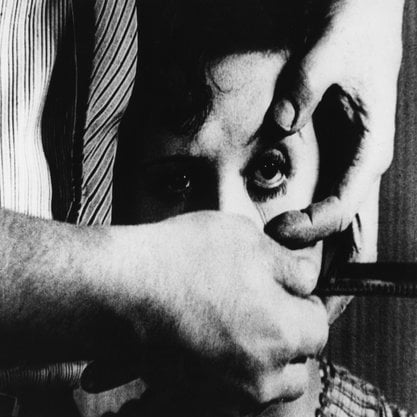Article
Wright, Basil (1907–1987) By Davis, Thomas S.
Article
Basil Wright was a prominent figure in the British documentary film movement. He attended the first screening of John Grierson’s Drifters (1929), which amplified his desire to pursue filmmaking. Grierson admired Wright’s amateur film work and made him one of the first recruits in November 1929 for the Empire Marketing Board’s film unit. Wright wholeheartedly took to Grierson’s definition of documentary as the ‘creative treatment of actuality,’ a sort of tightrope act that balanced aesthetic experimentation with a commitment to capturing the gritty realities of everyday life in various settings and industries. Keenly aware of the tension between aesthetics and public education that underwrote the documentary enterprise, Wright nonetheless believed the successful documentary ‘illumines the fundamental problem of human kind with a realism which rises above reportage or exposition to the pinnacle of aesthetic completeness and creative satisfaction’ (‘Documentary Dilemma’ 325).

